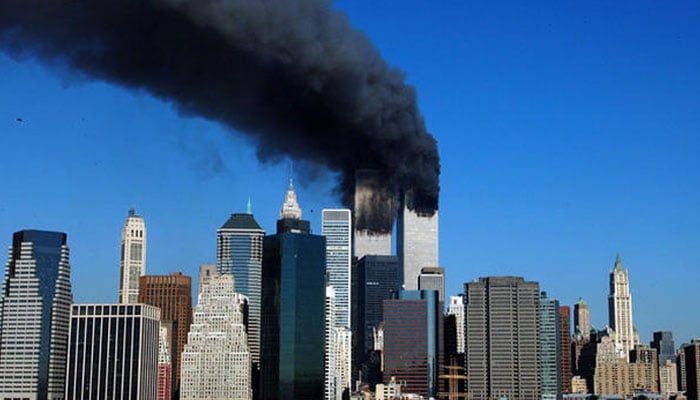
The terrorist attacks on September 11, 2001, not only had a profound impact on the world but also left an indelible mark on the arts, including films, music, and books, over the past two decades.
These attacks, orchestrated by Osama bin Laden and carried out by 19 terrorists, led to the tragic loss of 2,977 lives and initiated a global war on terror, with US invasions of Iraq and Afghanistan resulting in significant casualties.
The cultural impact of 9/11 was substantial, particularly in the United States. The attacks generated fear, tension, and a heightened sense of vulnerability. In the immediate aftermath, many works of art and entertainment had to be altered or postponed due to their sensitive content.
For example, Disney’s animated movie “Lilo & Stitch” featured scenes of a hijacked Boeing 747, which was replaced with an extraterrestrial spaceship.
The 53rd Primetime Emmy Awards were rescheduled multiple times due to the US military’s involvement in Afghanistan. Trailers and posters for the Spider-Man film removed images of the Twin Towers, and Martin Scorsese’s “Gangs of New York” was delayed by a year before its release.
The impact of 9/11 also extended to music. The Strokes’ debut album, “Is This It,” had its US release delayed, with the song “New York City Cops” replaced due to concerns about its lyrics disparaging police officers.
In literature, novelists like Don DeLillo and Jonathan Safran Foer explored the post-9/11 atmosphere in their works. DeLillo’s “Falling Man” and Foer’s “Extremely Loud & Incredibly Close” delved into the emotional and psychological effects of the attacks on individuals and the nation.
In the realm of film, various productions approached the subject differently. Oliver Stone’s “World Trade Center” and Paul Greengrass’s “United 93” tackled the events directly, while Clint Eastwood’s “American Sniper” captured the fear and intense patriotism that followed 9/11.
One of the most thought-provoking films on the topic may be British comedian Chris Morris’s “Four Lions.” Released in 2010, the film portrayed a group of bumbling would-be terrorists in the UK, offering a satirical take on extremism and Islamophobia. It highlighted both the irrationality of extremism and the tense climate in post-9/11 Britain.
In sum, the cultural impact of 9/11 has been significant, with artists and creators responding to the events and their aftermath in a variety of ways, reflecting the complex emotions and challenges of a post-9/11 world.

